Aref: Main cause of economic problems is rule of a single political current
Mohammad Reza Aref, a pro-reformist candidate, said, “The main root cause of the country’s economic problems is the rule of a single political current, namely the principlist movement, over the country, and the other current has been put aside in practice.”
“Another cause is the participation of certain military forces and companies affiliated with military institutions in economic affairs, which has greatly restricted the participation of the private sector, and privatization has not been fully implemented,” added Aref, who served as the first vice president from 2001 to 2005, during the second administration of President Mohammad Khatami.
“Another problem is our relations with other countries… We could use the privilege of good relations with the world to resolve the economic problems.”
Rohani: Domestic production must be boosted
Hassan Rohani, a centrist candidate, stated, “We are in a situation where we have resorted to imports, and this is the greatest injustice. Justice is that, under the enemy’s pressure, we assist domestic production and improve the situation.”
“The economic slogans are not consistent with our economic performance,” added Rohani, who formerly served as the secretary of the Supreme National Security Council and Iran’s chief nuclear negotiator. “We chant slogans of resistance, but, in practice, there is no resistance at work.”
Elsewhere in his remarks, Rohani said that the administration should try to decentralize activities away from Tehran and create more opportunities for citizens of other provinces.
Qalibaf: Agricultural sector requires special attention:
Mohammad Baqer Qalibaf, a principlist candidate, said that efforts should be made to support the production sector and noted that economic plans should not be changed on a weekly or monthly basis.
The Tehran mayor also stated that he plans to pay special attention to the agricultural sector.
Privatization has not been implemented properly, Qalibaf added.
Velayati: Confidence in administration should be restored
Ali Akbar Velayati, a principlist candidate, said that the way to curb inflation is to remain committed to “economic regulations,” adding that short-terms plans should be implemented to reduce the prices of goods.
Elsewhere in his remarks, Velayati, who is the senior foreign policy advisor of the Supreme Leader, noted that public confidence in the administration’s economic decisions should be restored.
Gharazi: I will tackle unemployment problem
Mohammad Gharazi, an independent candidate, said that he will take the measures necessary to tackle unemployment and will decrease imports.
He also stated that the problems that the production sector is experiencing cannot be resolved if inflation is not curbed.
Jalili: Implementation of subsidy reform plan should continue
Saeed Jalili, a principlist candidate, commented on the subsidy reform plan, saying he thinks it should be continued.
He added that the country’s economic structure should be revised.
Haddad-Adel: Dependence on oil must be reduced
Gholam-Ali Haddad-Adel, a principlist candidate, said that a “resistance economy” would reduce Iran’s dependence on oil.
He went on to say that the country should focus on the export of non-oil products in order to reduce its reliance on oil revenues.
Rezaei: Mehr housing project should be continued, with reforms
Mohsen Rezaei, an independent candidate, said, “If I am elected president, I will continue the Mehr housing project, but will make some reforms.”
He stated that he is happy that most of the candidates support the idea to continue the Mehr housing project, but added that “we should bring about a situation where 70 percent of the cost for building a house” is paid in loans.
PA/EP/HG
MNA
END
MNA
END


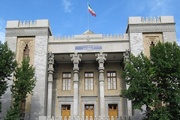
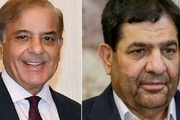

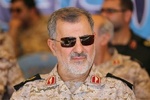

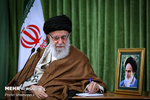
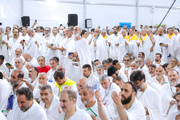
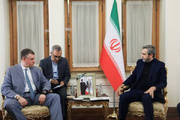
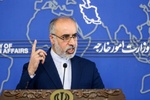
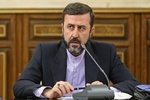
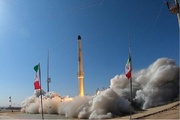


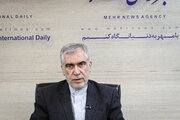
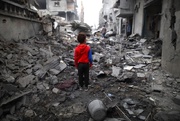
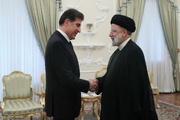
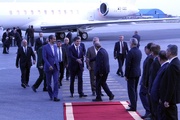
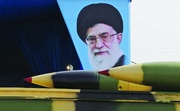

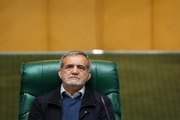

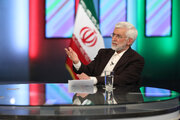

Your Comment